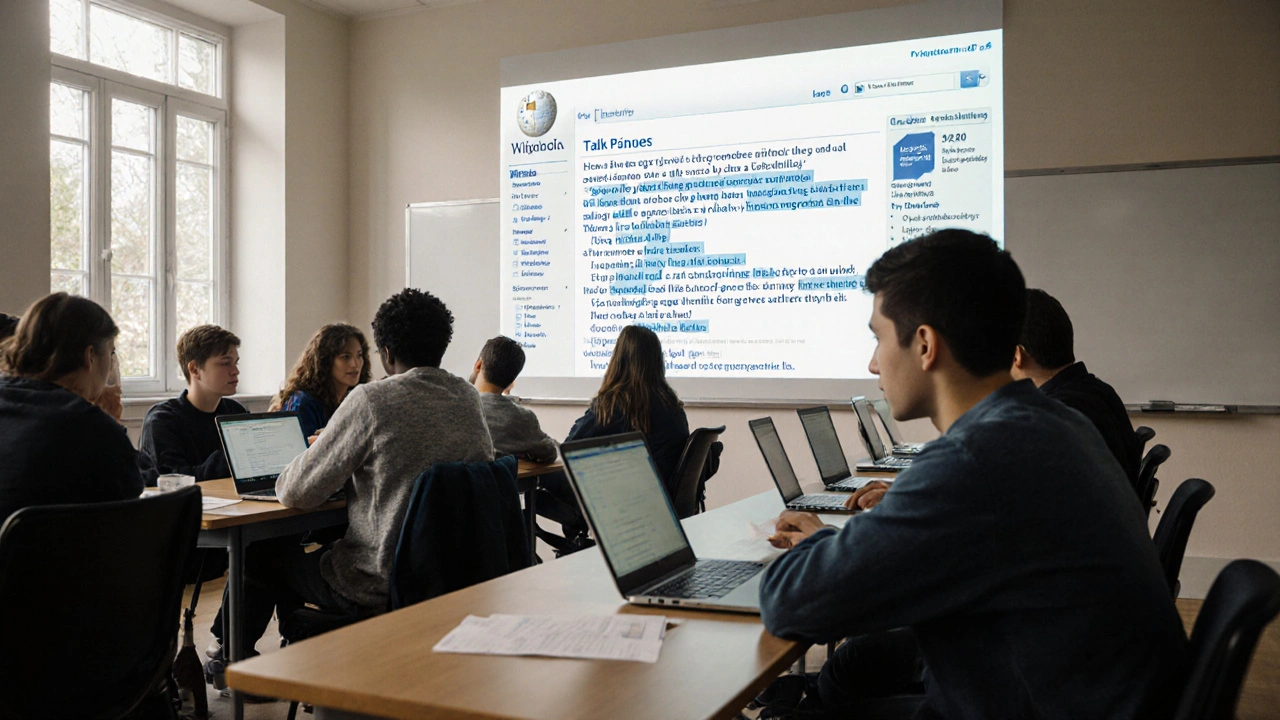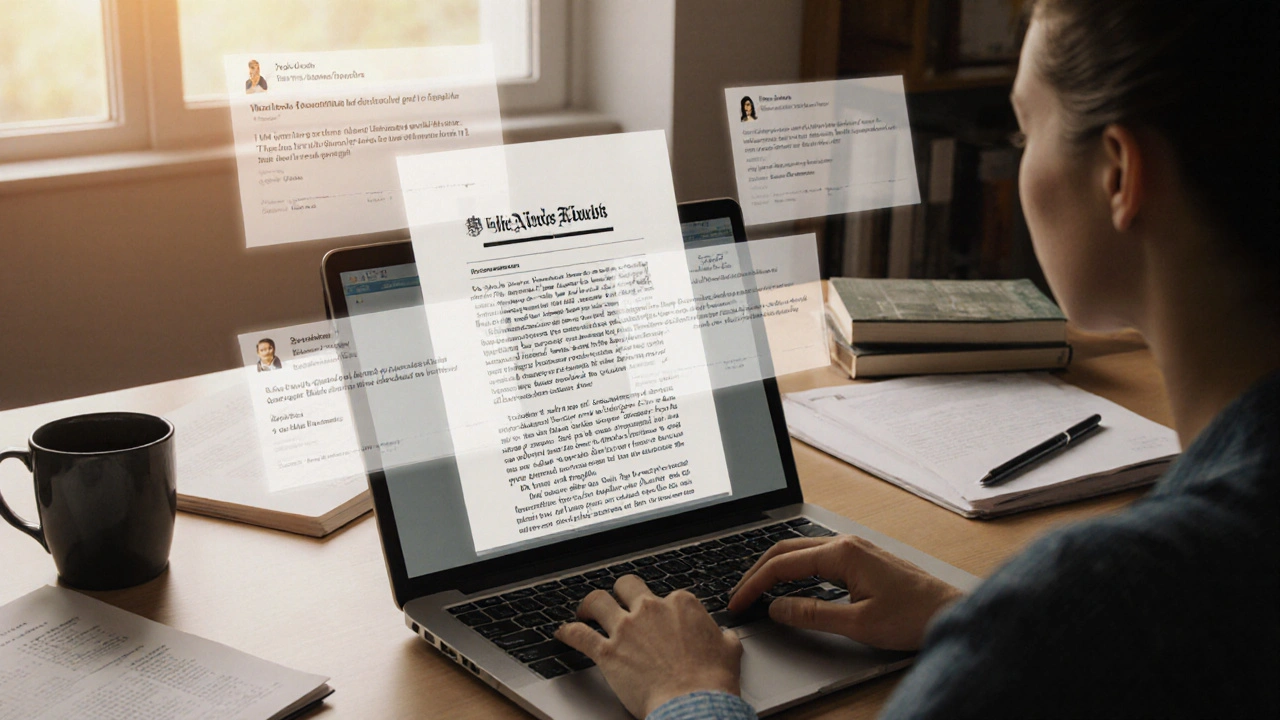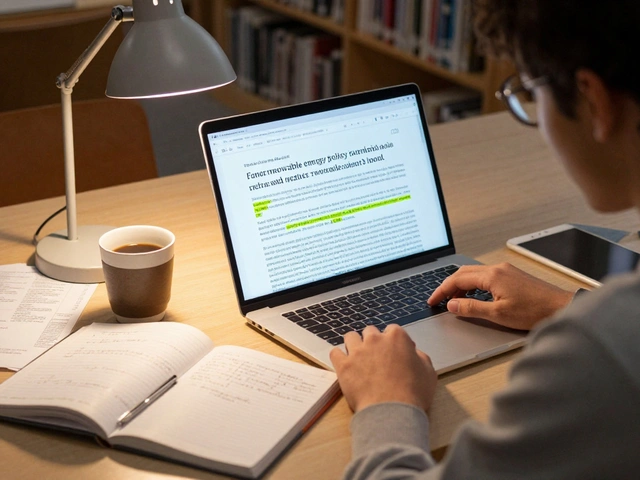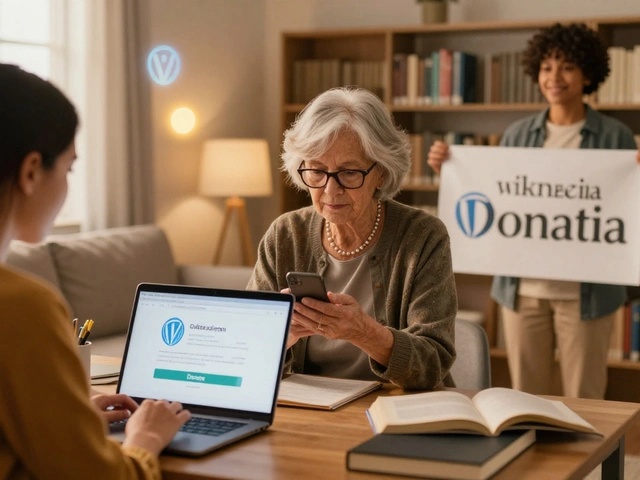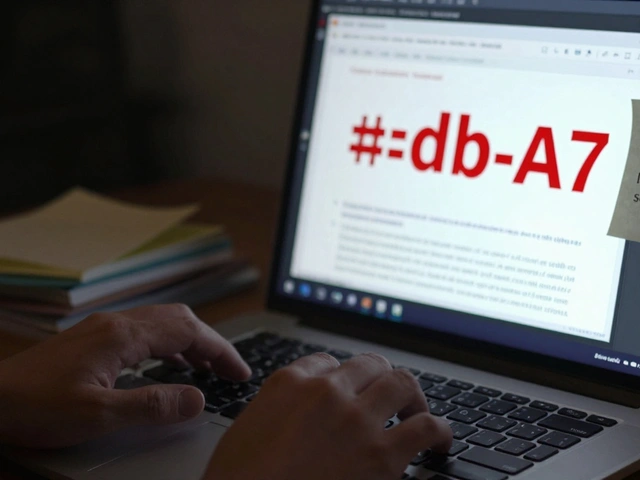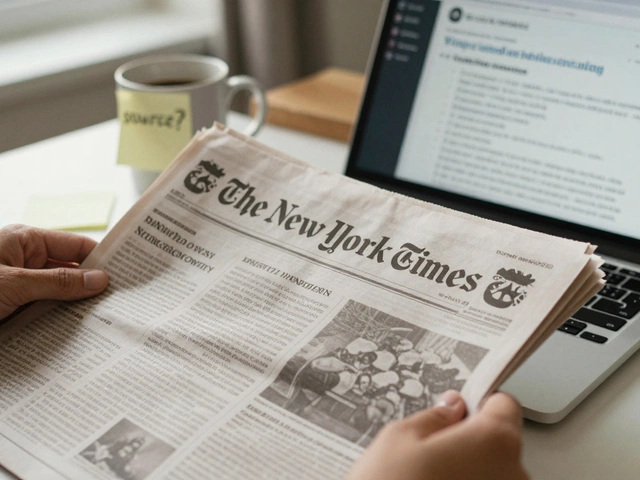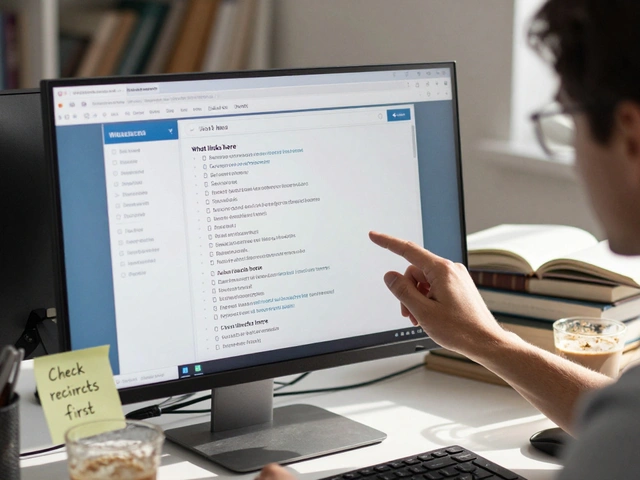Peer Review on Wikipedia: How Editors Verify and Improve Content
When you see a Wikipedia article that feels solid, well-sourced, and balanced, it didn’t just happen. It went through peer review, a process where volunteer editors examine each other’s work for accuracy, neutrality, and compliance with Wikipedia’s rules. Also known as editorial review, it’s the quiet engine that keeps Wikipedia reliable—even when no one’s watching. Unlike traditional publishing, where editors hold all the power, Wikipedia’s peer review is open, collaborative, and driven by volunteers who care more about truth than prestige.
This isn’t about checking grammar. It’s about digging into sources, spotting bias, and asking: Does this claim actually match what the experts say? A good peer review catches when someone adds a fact from a blog post as if it’s a scientific journal, or when a minority viewpoint is given equal weight to overwhelming evidence. It’s how the Wikipedia community, a global network of volunteer editors who self-organize to maintain quality keeps bad edits from sticking. And it’s how Wikipedia policies, the official rules that guide what’s allowed and what’s not stay real, not just words on a page. You don’t need to be an expert to join—just curious, careful, and willing to ask questions.
Peer review happens in many forms: on article talk pages, through formal WikiProjects, specialized groups of editors focused on topics like medicine, history, or film, or during the Guild of Copy Editors, a volunteer team that polishes articles for clarity and style. Some reviews are quick fixes. Others take weeks, with editors debating every comma and citation. The goal? To make sure what you read isn’t just popular—it’s true.
What you’ll find in this collection aren’t just stories about peer review—they’re case studies in how Wikipedia stays trustworthy. You’ll see how journalists use it to find verified facts, how volunteers fight systemic bias, how AI changes the game, and why some edits get reverted even when they seem right. These aren’t abstract rules. They’re real people, real debates, and real consequences—for the article, for the editor, and for the millions who rely on it every day.
How to Use Wikipedia Talk Pages to Teach Scholarly Debate
Wikipedia talk pages offer a real-world classroom for teaching evidence-based debate, source evaluation, and collaborative knowledge-building. Students learn to argue with facts, not opinions.
Publishing Workflow on Wikinews: From Draft to Peer Review
Learn how Wikinews turns drafts into verified news through open peer review. No editors, no paywalls-just truth, sources, and community checks.
